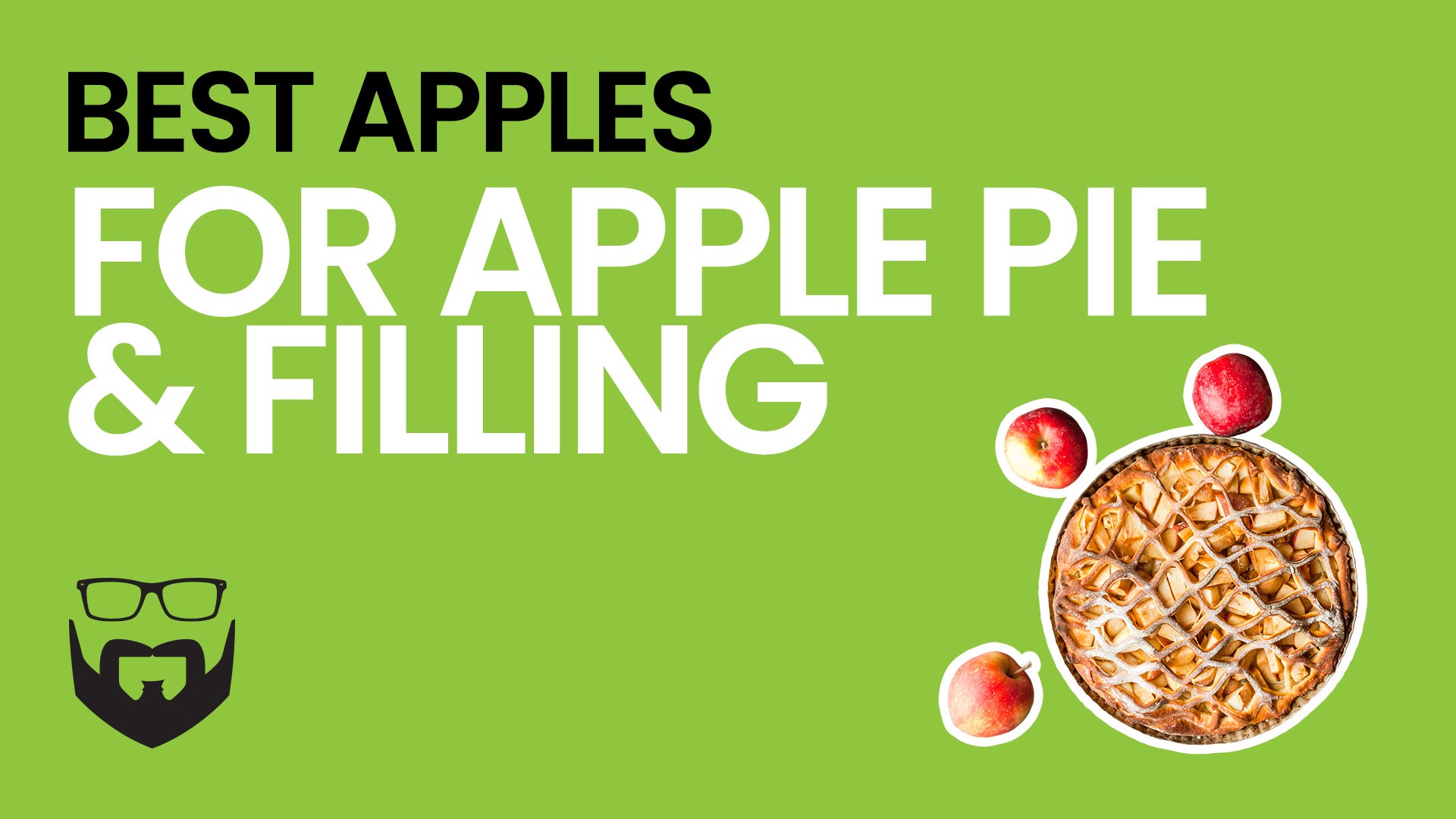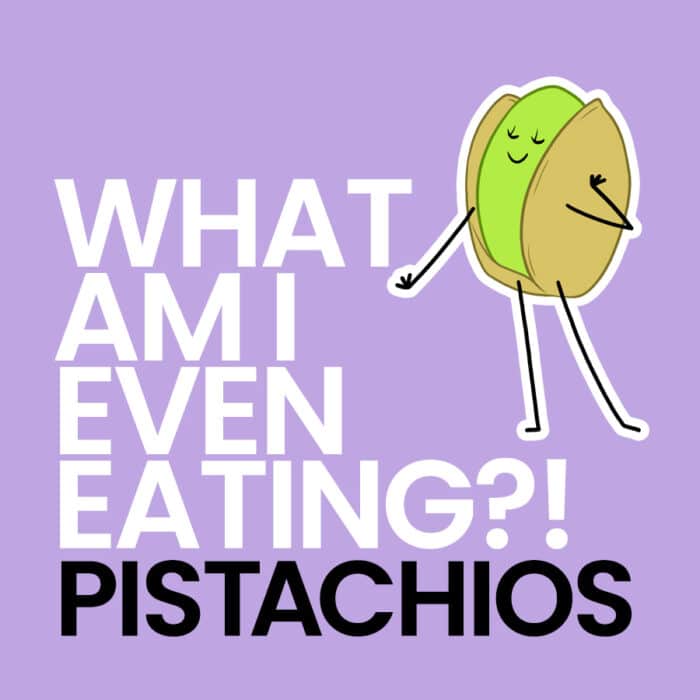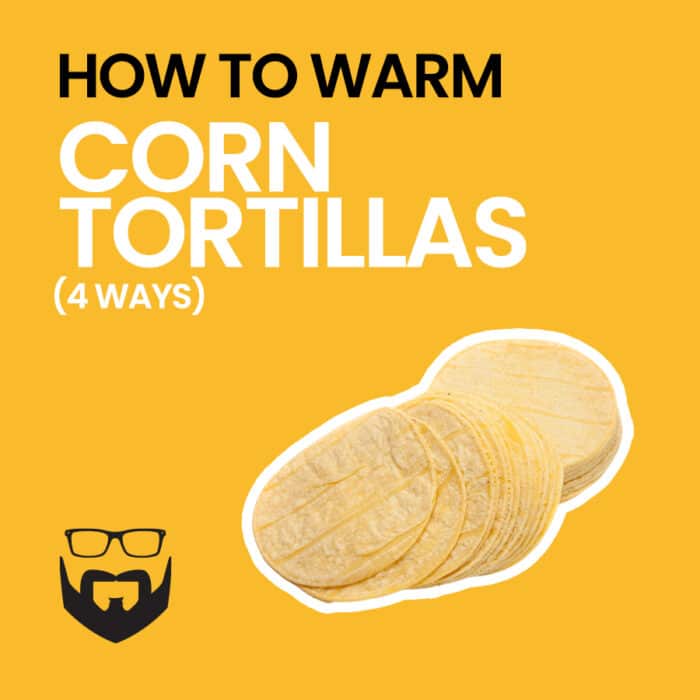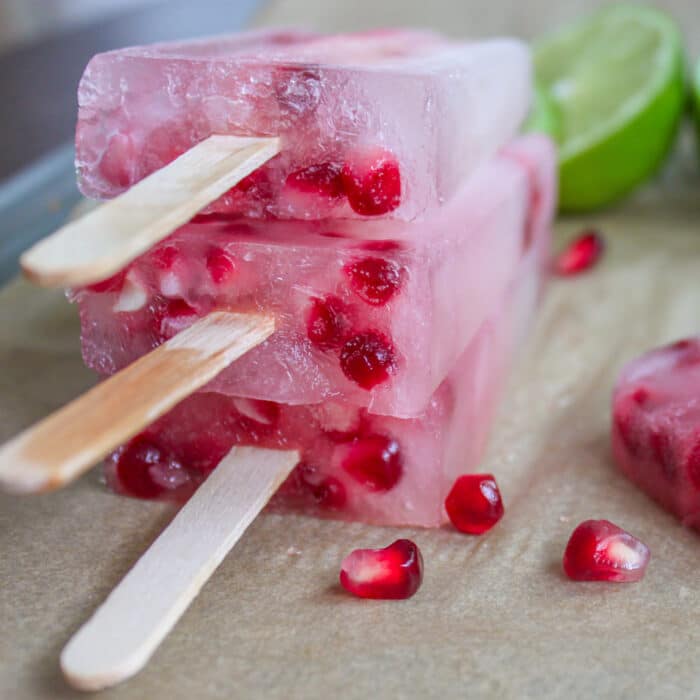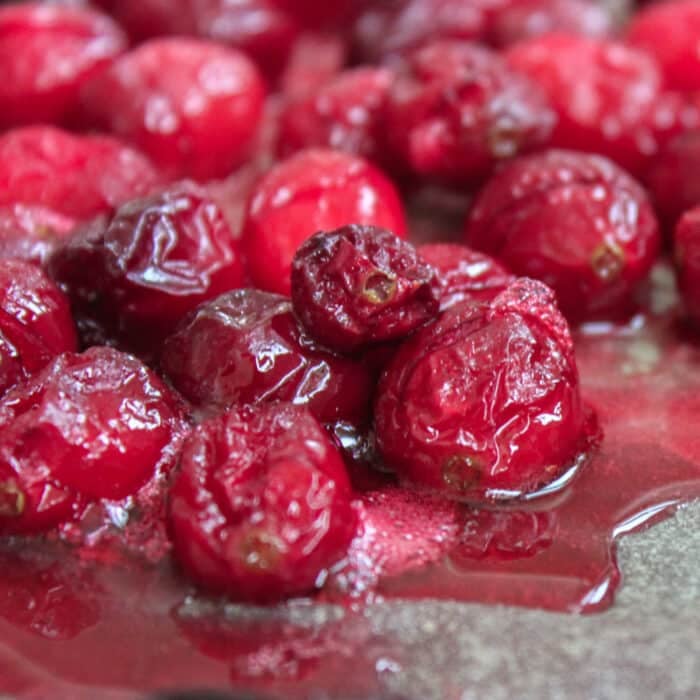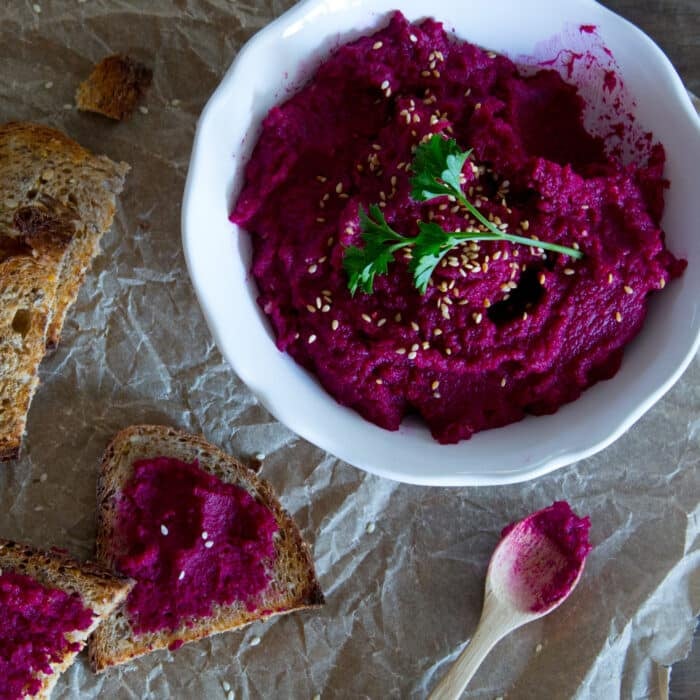Best Apple Type for Pie
Choosing an apple to chew is a lot easier than choosing one to bake with. There are so many different apple varieties out there—some are great for apple pie and others, not so much. But let me qualify that.
You can use any apple to make an apple pie. However, some are better than others when it comes to flavor and texture. And instead of choosing just one type of apple, a combination of at least two or three is a smart way to get more complex flavors and textures into your pie.
You don’t want an apple that’s soft or mealy, because it might break down too much and turn into something resembling the texture of baby food. And then there are others that are either lacking in the flavor department completely or simply one-dimensional.
Here are some great choices for your next pie.
Braeburn
Related to the Granny Smith, but sweeter, and almost pear-like when cooked. Their flavor profile is a nice balance of tart, citrus, and sugary sweet. They release very little liquid when baking, making them ideal for pies and more.
Crispin
Developed in the 40s, Crispins are a cross between Golden Delicious and Indo cultivars. They provide a nice tartness. They are also sometimes called Mutsu.
Gala
A mellow sweetness, Gala apples don’t get mushy in the oven. They are also a good all around apple. Their sweetness is mild and more on the tart side.
Golden Delicious
This is probably the grand daddy for pie making. Most would recommend Golden Delicious for its accessibility and flavor. It is sweet, tart, and buttery. The name says it all. But they can break down a bit more than you want.
Granny Smith
Firm and very tart, many say this is the go-to for baking apples. I like how it maintains its shape but best to mix it with sweeter apples. I find Granny Smith’s flavor profile to be a bit simple and pedestrian. They also pair well with… um, pears.
Honeycrisp
Pricey so maybe not the best for a pie but one of my favorite varieties. Cost aside, they are a delicious balance of tart and saccharin, and a fan favorite for baking.
Jonathan
Sometimes called Jonagold, Jonathan apples are related to the Golden Delicious apple and have a great flavor. Try it with Granny Smith and some Honeycrisp apples for a pie that will blow your mind. But they are a good baking apple all around. Their acidity is perfect for slow cooked desserts.
Northern Spy
Northern Spy apples are not easy to find but when you do, these large apples are hard to miss. They have a cult following for their flavor.
Pink Lady
Along with Honeycrisp, Pink Lady is another favorite. Super crisp and a great balance of sweet and tart. Plus, they are just pretty. Their structure after baking makes them perfect for food porn.
Winesap
A heirloom cultivar that balances sweet and tart and has a wine-like flavor profile.
How to Buy Apples
Begin with apples that feel slightly heavy for their size. This makes for a juicy apple. Some markings on the fruit are common and don’t mean the apple is bad. There should be no obvious signs of decay or insect holes. The skin should be taught.
Fresh, high-quality apples are fragrant and pleasant. This also varies by variety, but Gala’s, for example, are quite fragrant. If it smells bad, don’t buy it!
Most importantly, buy local and in season. Check out that farmers market! Apples are stored in atmospherically controlled rooms for up to 10 months before making it to supermarket shelves, causing them to ripen at a vastly increased pace once they’re taken out of storage.
How to Store Apples
Apples love being cold, so they are best stored in the fridge. Apples like humidity, so keeping them in a bag is best but don’t seal it. Apples are sensitive to ethylene gas and also emit a lot themselves. Allowing some airflow keeps them fresher longer. Stored this way, they can keep for up to 6 months.
Don’t wash your apples before storing them. In fact, never wash any produce before storing aside from a few exceptions like berries.
Ethylene Gas
All produce emits or reacts to ethylene gas. Ethylene is a natural plant hormone that causes the cells within fruits and vegetables to degrade. So what you store them next to matters. But what about apples?
- Very high ethylene gas emitters.
- Highly sensitive to ethylene gas.
Ethylene Producing Fruits & Vegetables
- Apricots
- Avocados
- Ripening Bananas
- Cantaloupe
- Cherimoyas
- Figs
- Honeydew
- Kiwifruit
- Mamey Sapote
- Mangoes
- Mangosteen
- Nectarines
- Papayas
- Passion Fruit
- Peaches
- Pears
- Persimmons
- Plantains
- Plums
- Prunes
- Quince
- Tomatoes
